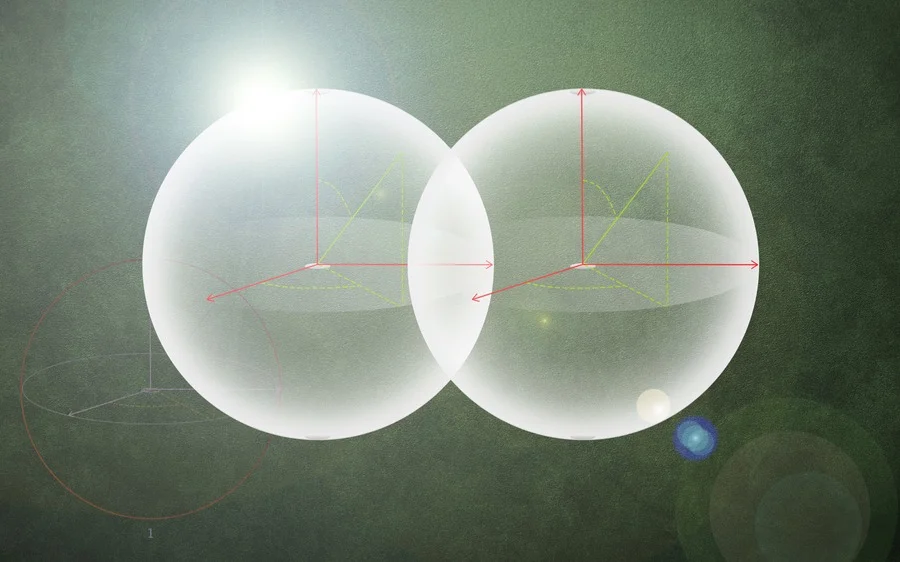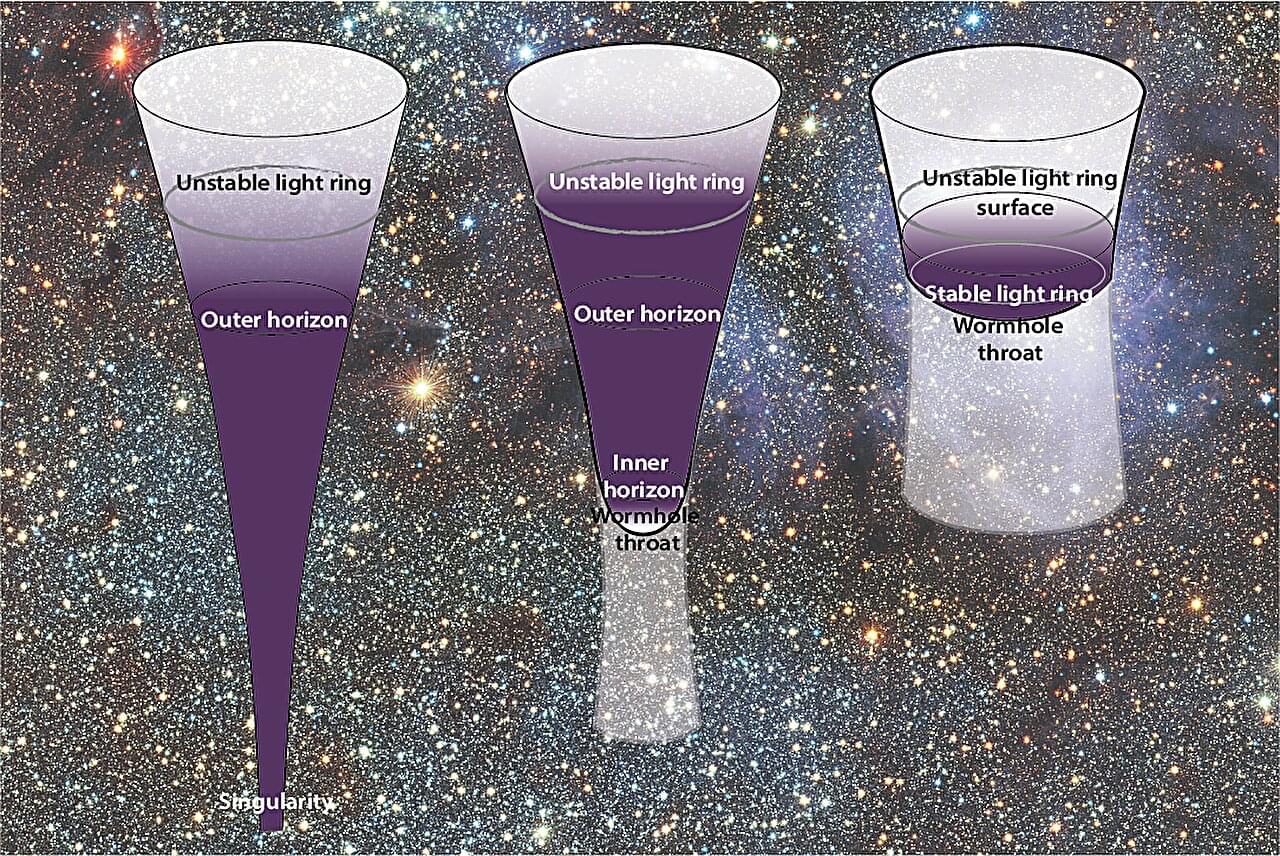Fewer hours. Same pay. Possible approach to the Economic Singularity?
In 2019, Iceland made headlines by becoming one of the first countries in the world to adopt the four-day working week, not through a general law, but through agreements allowing workers to negotiate shorter weeks or reduced hours. Five years on, the results are indisputable.
The Icelandic experiment began in 2015 with a pilot phase involving around 2,500 employees, or just over 1% of the country’s working population. Following the resounding success of this initiative, with 86% of the employees involved expressing their support, the project was formalised in 2019. Today, almost 90% of Icelandic workers benefit from a reduced working week of 36 hours, compared with 40 hours previously, with no loss of pay.
Initial concerns about the four-day week were widespread, both in Iceland and elsewhere in the world. There were fears of a drop in productivity, increased costs for businesses and difficulties in adapting to maintain service levels. However, the Icelandic experience has swept these fears under the carpet.



